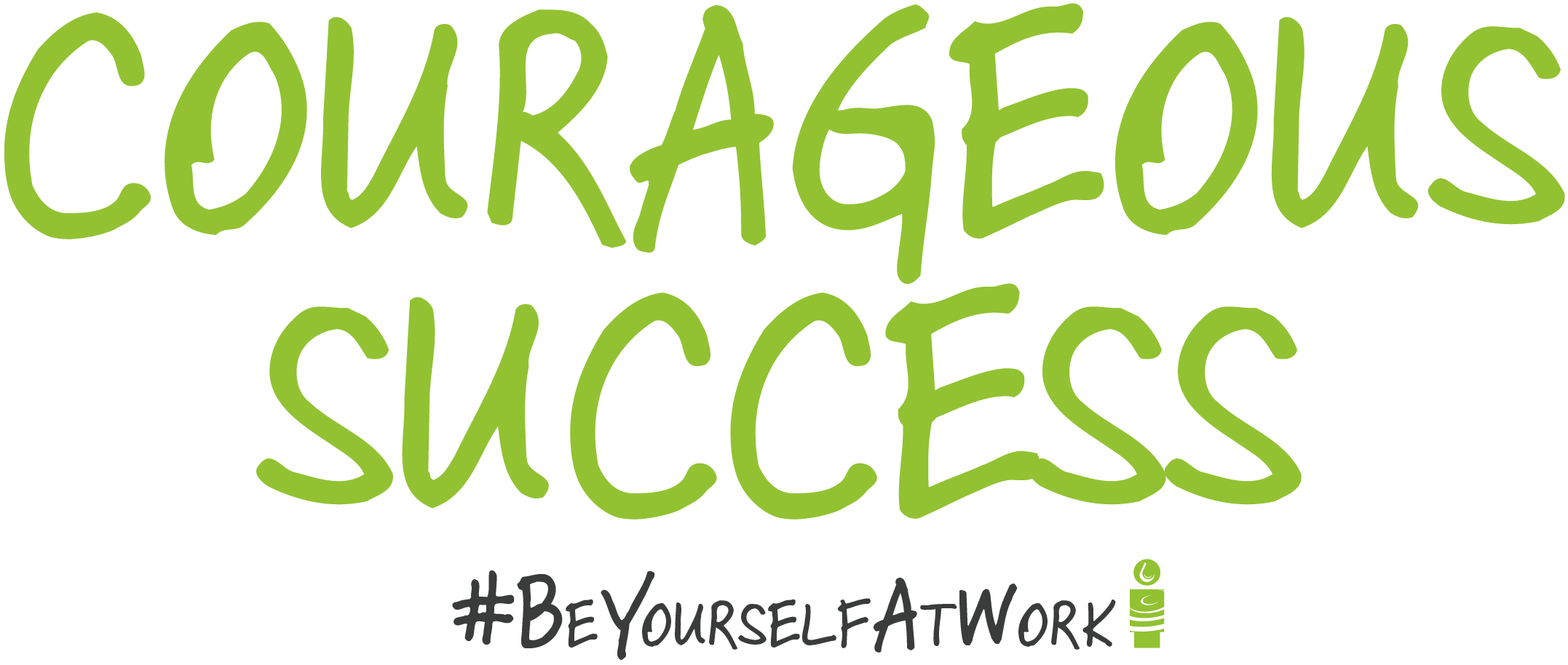“How can you be empathetic without being perceived as weak?”
This is a question asked in a recent Sunday Times Style article. The business leader who responded was Clare Smyth MBE, a leading chef and restaurateur. Clare had an interesting story to tell. Early in her career she found the culture of working in kitchens as “survival of the fittest” and found that the best way to survive was not to show emotion, she experienced “hundreds of occasions when I had to suck it up – it toughened me up”. A classic case of conforming to the culture she found herself within, and a culture in which empathy would be perceived as weakness. In her first leadership role she “didn’t want to let anyone else affect’’ what she was doing and didn’t show care or empathy towards her staff. This approach then “bit back”, she couldn’t retain people and was unable to build a team. She lost good people and found herself in a very lonely place. Realising she needed to break the cycle, Clare changed her approach and “became more human, more understanding of others.’’ She admits that it took some time as, in busy and tiring roles often the energy to be understanding of others can be hard to maintain, but she was able to turn it around, and found she “didn’t need to hide behind an act of not caring about people anymore.’’ Clare now sees empathy in a leader as strength and that by focusing on people in her business she has been able to build up a better, more reliable team;
“You can lose people’s trust if you don’t give them support…. if you show that you genuinely care for your team then they’ll give you everything.’’
We know from our own research that 80% of us have a personal value around kindness – so bringing that to work should feel natural. However research by DDI, reported in Forbes, found that only 40% of frontline managers were either proficient or strong in empathy.
And along with Clare’s testimony there is tons of research and evidence that shows that kindness and empathy at work works.
Glassdoor have recently listed the 14 companies with the best cultures, the top company as described by one of their staff: “The leadership team really cares about the people and there is a huge investment of both time and money into the culture and taking care of staff.’’
The HBR article “The Hard Data on Being a Nice Boss’’ shares loads of research and results including:
- “… leaders who project warmth – even before establishing their competence – are more effective than those who lead with their toughness and skill.’’
- A kind culture “can even help mitigate stress. While our brains are attuned to threats (whether the threat is a raging lion or a raging boss), our brain’s stress reactivity is significantly reduced when we observe kind behaviour…..”
- ‘’A large healthcare study showed that a kind culture at work not only improved employee well-being and productivity but also improved client health outcomes and satisfaction.
This shows that kindness works.
As Clare Smyth did, it’s about breaking that cycle: managers and leaders looking beyond just getting the tasks done – to the person – a more human approach.
This means taking more responsibility for our impact on others – making it more positive, keeping our power, managing our emotional response, getting rid of that blame culture – and making kindness our natural way of being.
Our top tips to spread kindness everyday:
- Be more conscious of your behaviour every day and the impact on those around you – always aim to have a positive impact.
- Manage your emotions. Leave any frustration and annoyance at the door.
- Give people time and pay full attention to others, drop the multitasking with technology whilst speaking to others, and really listen instead. Ban phones from meetings and conversations.
- See the good in everyone, focus on what is positive, even those you may feel you don’t like.
- Invest some time every day in others – and stick to it.
- Be a leader or colleague that everyone wants to work with!
